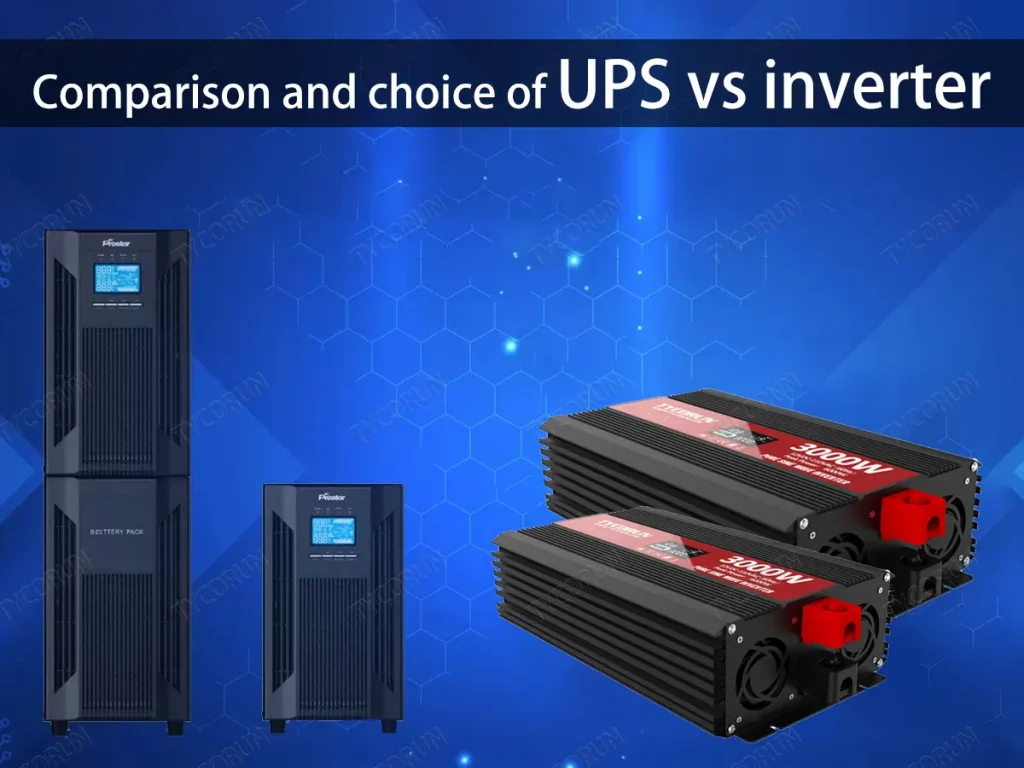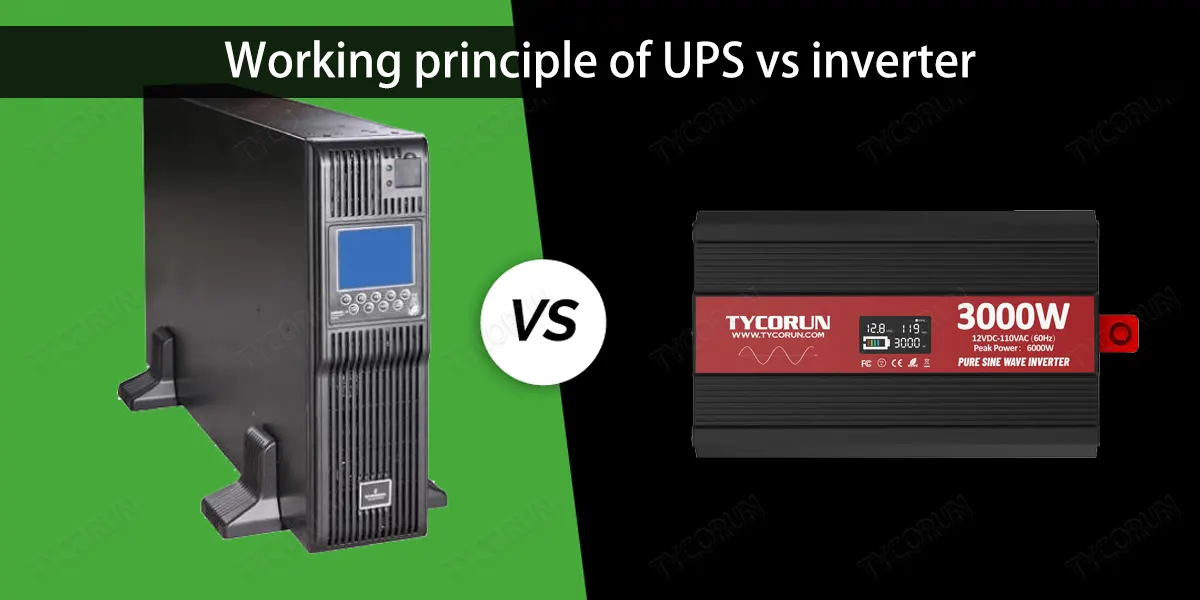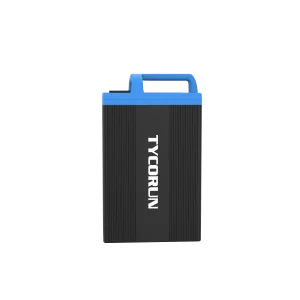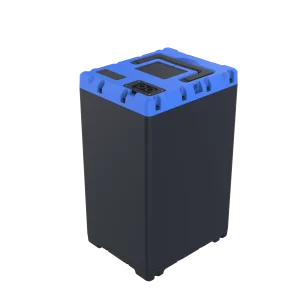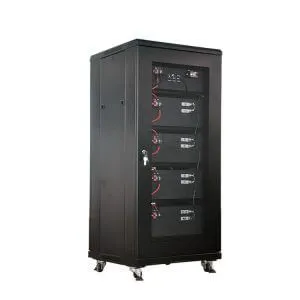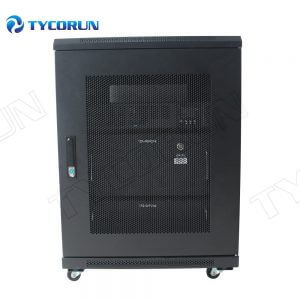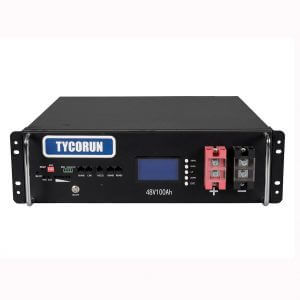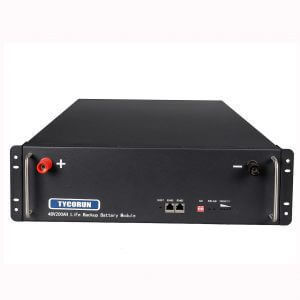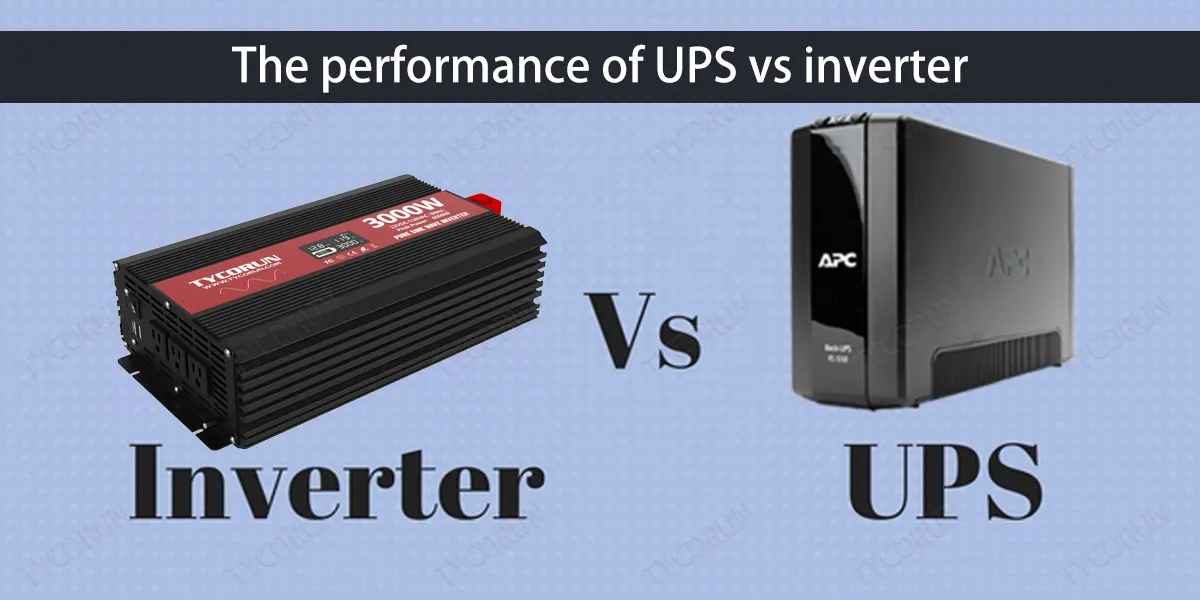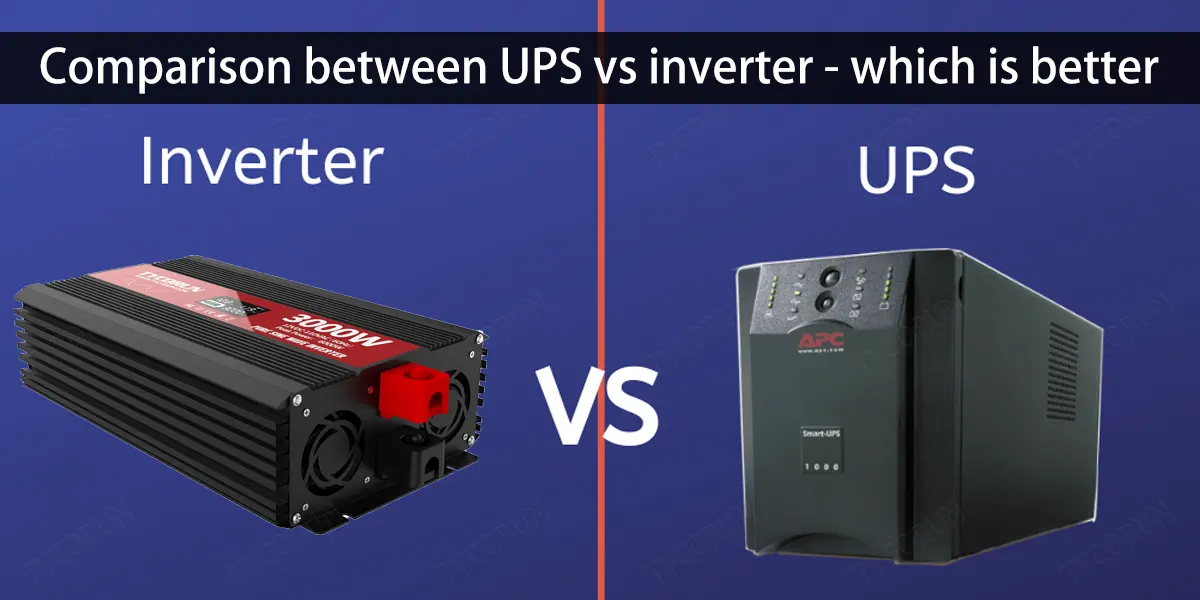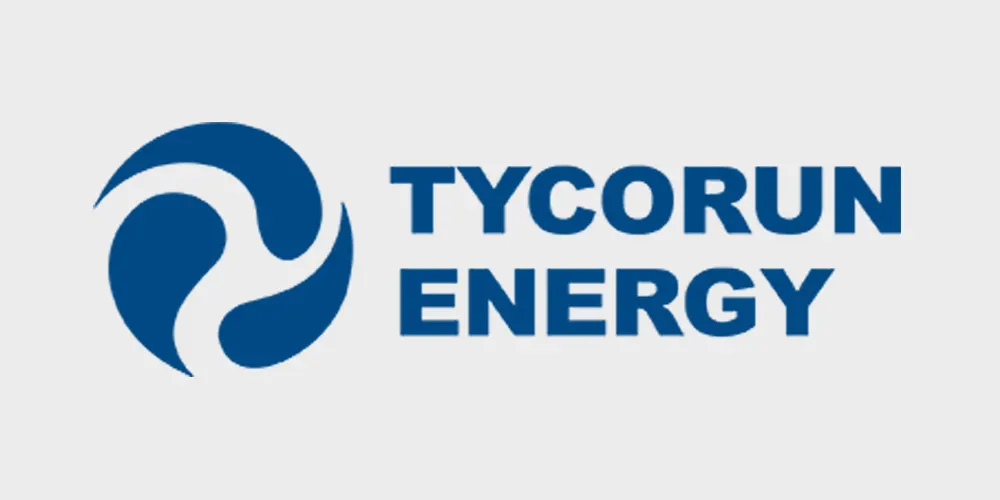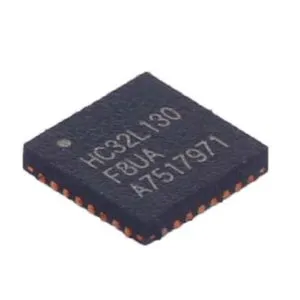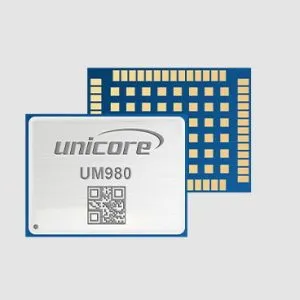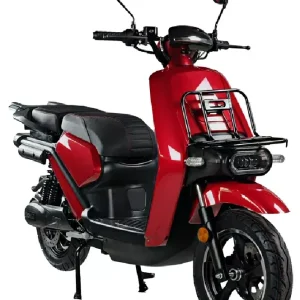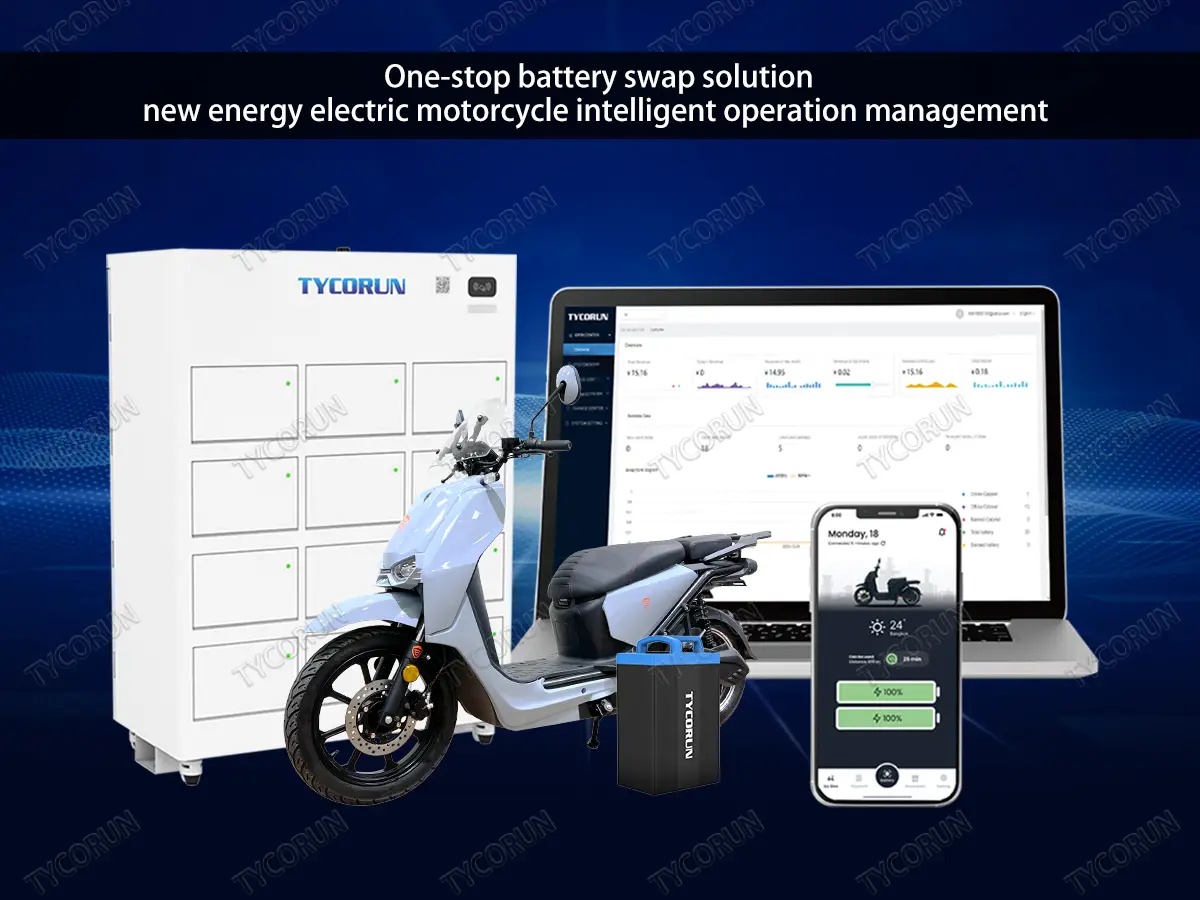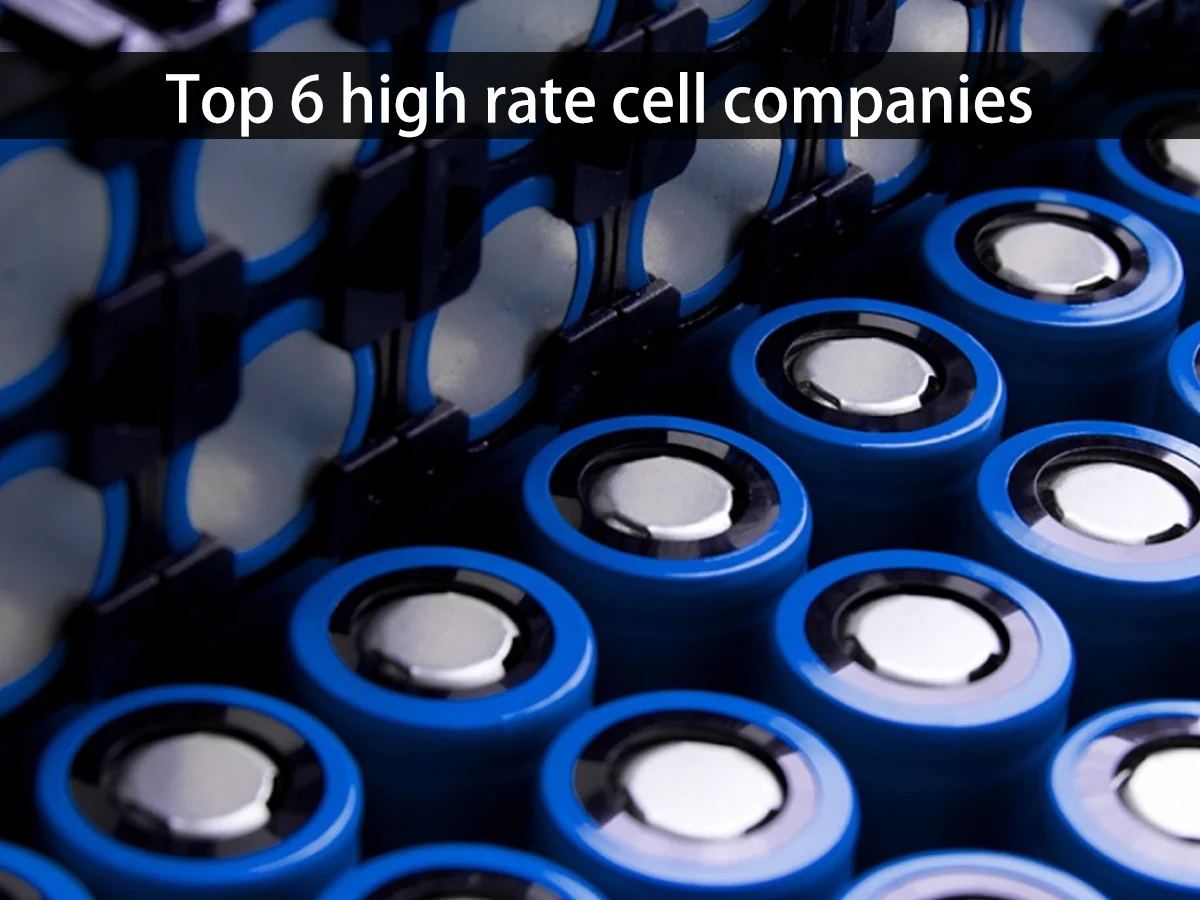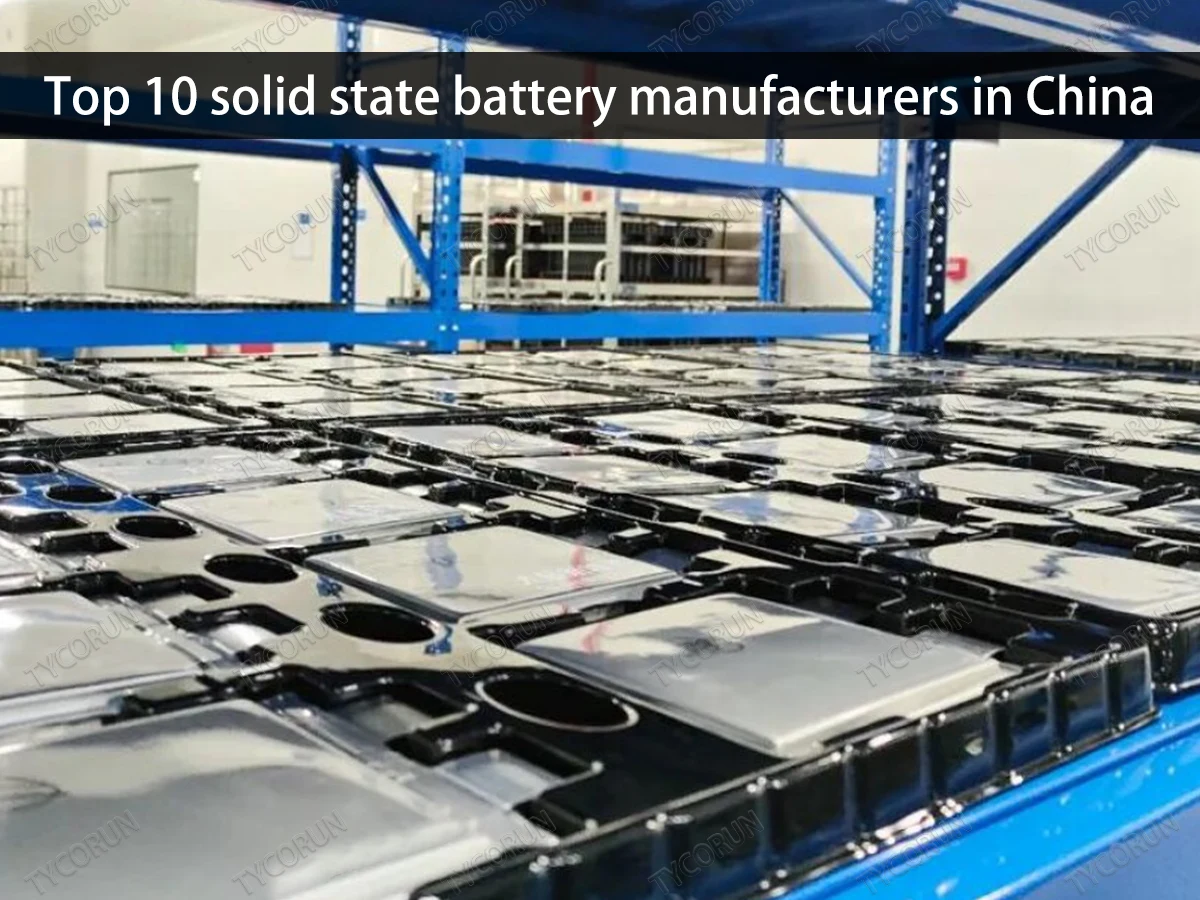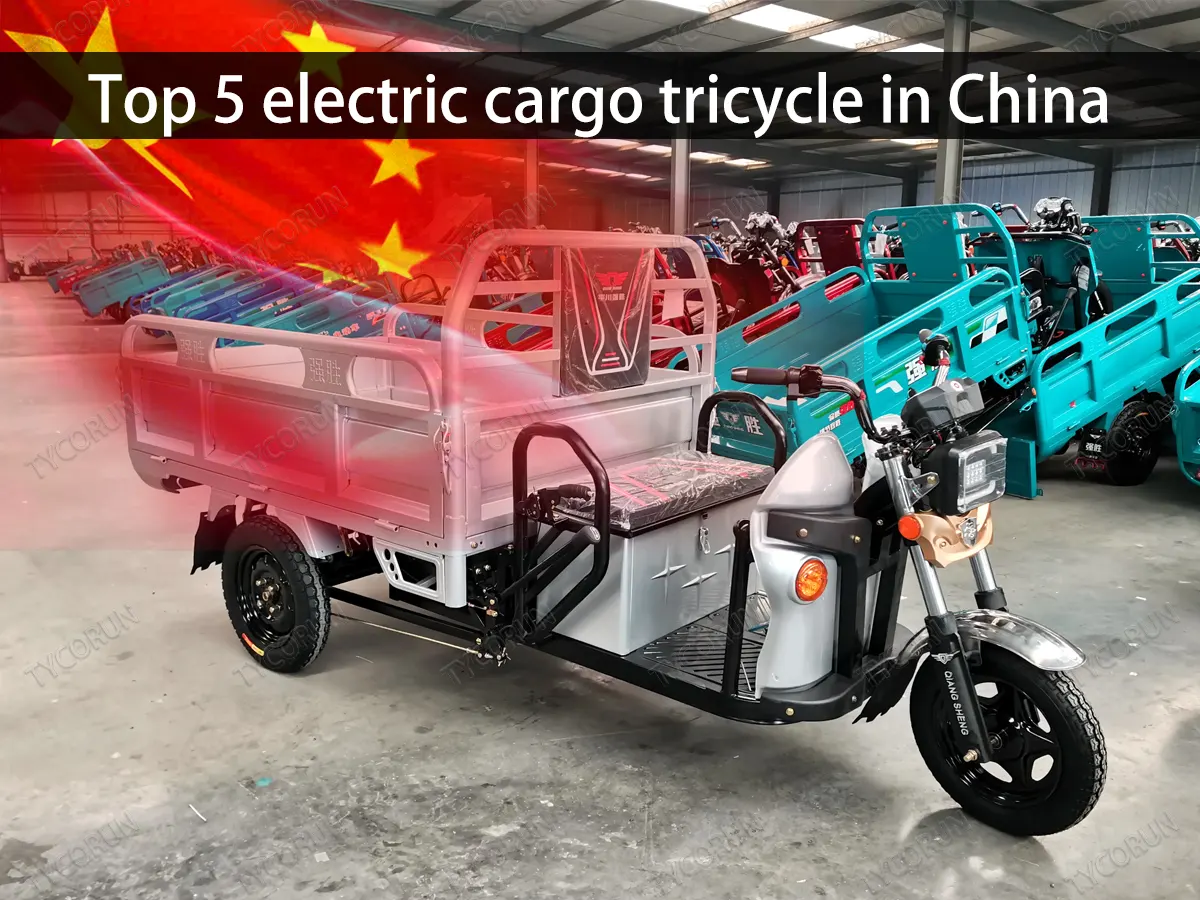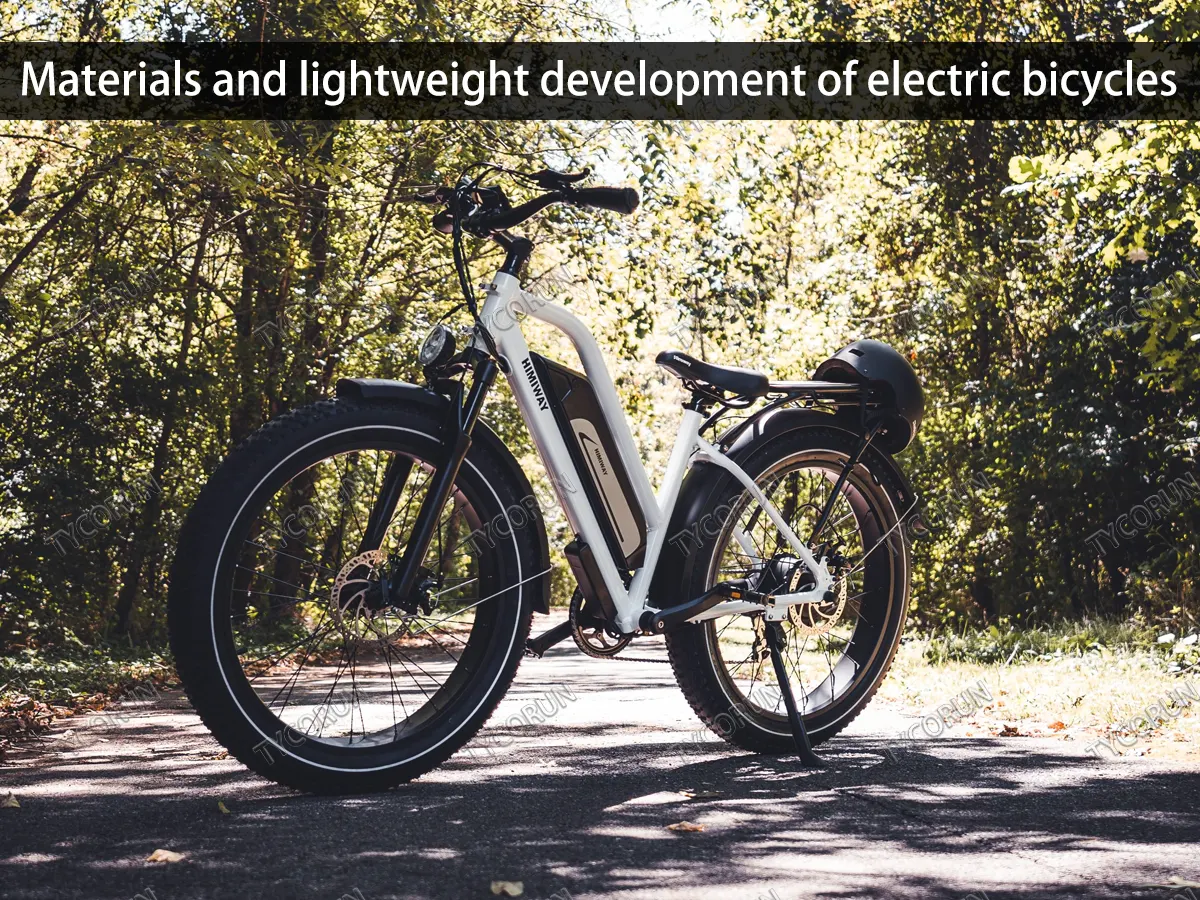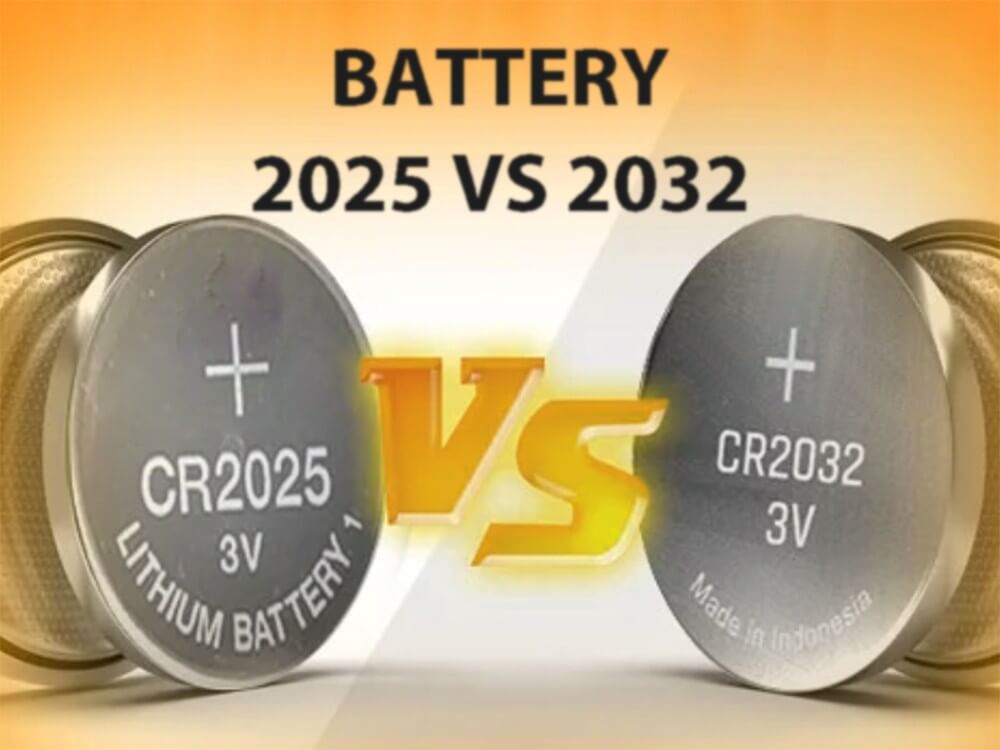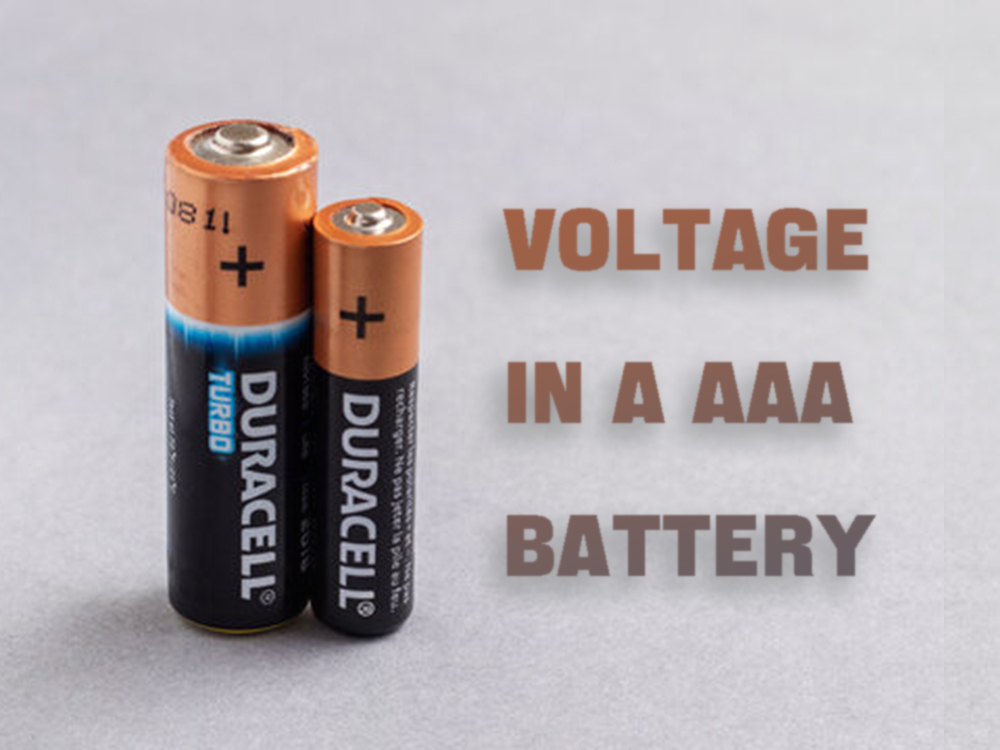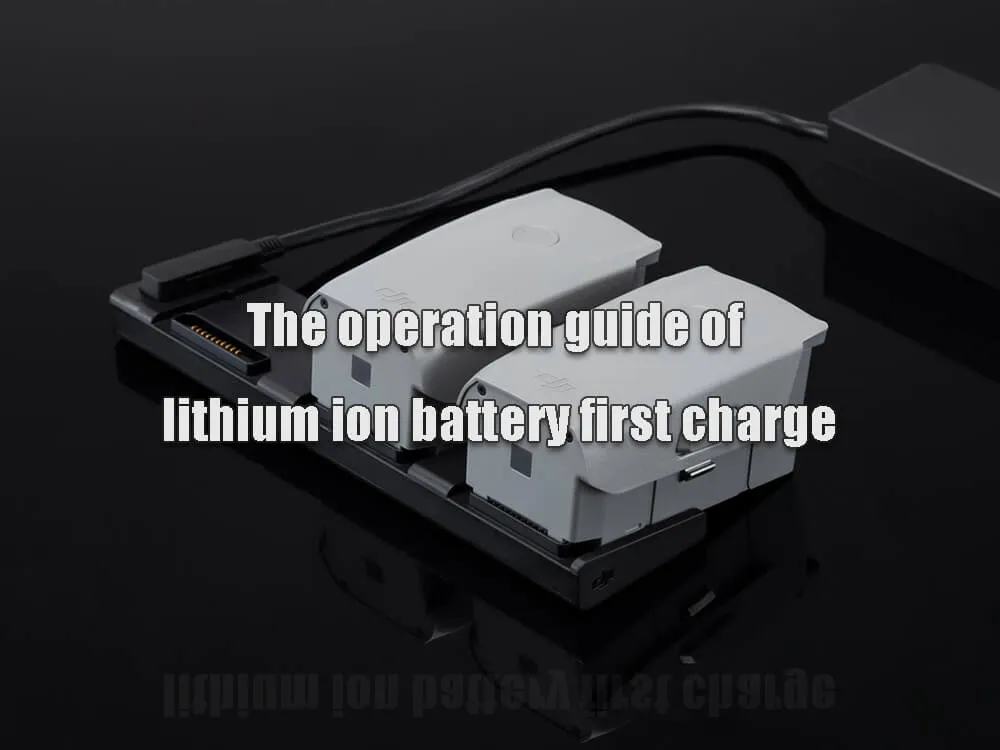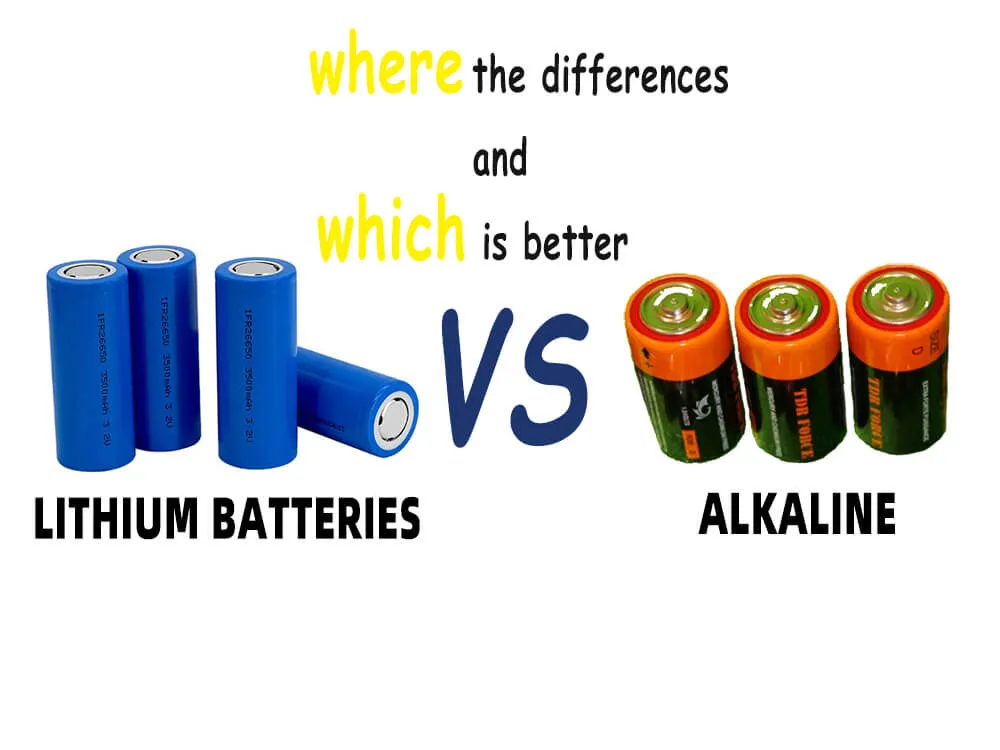Home » Battery vs comparation » Comparison and choice of UPS vs inverter
Comparison and choice of UPS vs inverter
In today’s era of technological prosperity, various electronic devices have become a necessity in our daily life and work. However, the power requirements of these devices have become increasingly stringent. Inverters and UPS power supplies are two common types of power devices, what are the benefits of each in meeting power challenges?

UPS vs inverter - what are the differences
Working principle of UPS vs inverter
An inverter is a device that converts direct current to alternating current, and its core technology is semiconductor switching devices. The core technology is semiconductor switching devices.
Inverters utilize the switching characteristics of these devices to repeatedly place the positive and negative poles of DC power in a specific state, thus generating the same current as the AC power we use every day. In short, an inverter is a device that “inverts” DC power into AC power.
In contrast, the UPS power supply is in the utility power instability or interruption, through the UPS lithium battery and other backup power and utility power connection, to achieve continuous power supply equipment.
It utilizes inverter technology to convert battery DC power to AC power, ensuring that equipment can still operate normally when utility power fluctuates or is interrupted. For a better understanding of UPS you can refer to UPS battery replacement, UPS battery capacity, UPS battery lifespan.
Application scenarios of UPS vs inverter
The main application scenarios of inverters include solar power generation, vehicle appliances and other fields. In these scenarios, inverters convert DC power sources such as solar panels into AC power sources usable for household appliances, realizing the effective use of green energy.
In addition, inverters are also widely used in in-vehicle appliances, such as in-vehicle refrigerators, lighting equipment, etc., providing convenience for driving life.
-
power lithium ion battery
76v 30ah Lifepo4 battery for electric motorcycle
Rated 0 out of 5Read more -
UPS power supply, on the other hand, focuses on providing stable power for various electronic devices. For example, in the field of servers, communication equipment, medical equipment, etc., UPS power supply can effectively avoid the impact of unstable utility power on these devices to ensure their normal operation.
In addition, UPS power supply also has the function of short-time power supply, which can provide a certain time of power supply for the equipment when the utility power is interrupted, so that the user can save the data in time or shut down the machine safely.
-
High Voltage lithium ion battery
384V 50Ah UPS lithium ion battery 20kwh lithium battery for UPS
Rated 0 out of 5Read more -
High Voltage lithium ion battery
192V 50Ah UPS lithium battery high voltage LiFePO4 for UPS system
Rated 0 out of 5Read more
The performance of UPS vs inverter
The main advantage of inverters is that they can convert DC power to AC power, which is adapted to DC power supply scenarios. At the same time, the inverter has a high conversion efficiency, which can effectively reduce energy loss and improve energy utilization efficiency. In addition, the inverter also has short circuit protection, overload protection and other safety features to ensure the safe operation of equipment.
UPS power supply, on the other hand, excels in providing stable power. Through the inverter technology, UPS power supply can quickly switch to the backup power supply when the utility power fluctuation or interruption, to ensure the continuous operation of equipment. In addition, UPS power supply also has a filtering function, can effectively filter out the harmonics and noise in the utility power, improve the quality of power supply.
In a word, UPS vs inverter each has its own characteristics and plays a great value in specific scenarios respectively. With its efficient energy conversion and wide range of applications, inverters facilitate the utilization of green energy and vehicle-mounted electrical appliances;
UPS power supply, on the other hand, with its stable power supply and excellent protection function, provides guarantee for the normal operation of various electronic devices. When choosing UPS vs inverter, the most suitable equipment should be determined according to specific needs and scenarios.
Comparison between UPS vs inverter
Both UPS and inverters are used to provide continuous power in the event of a power outage.UPS stands for uninterruptible power supply.UPS has an internal battery while some run longer by an external battery. UPS also known as single CUPS has simple circuitry consisting of larger transformers, modules, kits and controllers. They are also relatively cheaper.
Some of the disadvantages of UPS are that their output is not a pure sine wave but a modified sine wave which affects the performance of the machine and creates a humming sound in rotating machinery.
UPSs also suffer from overcharging and over-discharging, which affects battery life. A solar inverter is a power electronic device that converts direct current to alternating current, when UPS vs inverter, inverters are much more complex. And consist of complex circuitry.
They consist of smaller transformer IC chips and microcontroller ICs. Their output is a pure positive apparent wave and have many protections against undervoltage, overvoltage and other power problems. They are better for machine and battery life. But when it come to price of UPS vs inverter, inverters are comparatively more expensive than UPS.
UPS vs inverter - which one should I choose?
Should I buy a UPS or a solar inverter? First of all, an inverter is a power supply that converts DC power to AC power, and is mainly used in applications where AC power cannot reach, such as solar and wind power. UPS power supplies, on the other hand, are power supplies that protect electronic equipment in the event of current interruptions or voltage fluctuations.
Inverter power supply has high conversion efficiency and low loss, and it is small enough to be carried around, and the shipping speed is flying, ensuring that you can get your favorite products at the first time.
Therefore, in the choice of UPS vs inverter, if you need to buy power products, we strongly recommend you to choose inverter power supply, which not only has a unique conversion technology and high efficiency performance, but also takes into account the balance of volume and efficiency, and the inverter power supply can be free to choose the input voltage and the output voltage according to your actual needs, which is very humanized.
TYCORUN ENERGY lithium ion battery manufacturer also has more than a decade of experience in home energy storage batteries, and now also offers power inverter 3000w, 1000w, 500w options and 2000w pure sine wave inverter. Inverters are widely used in a variety of applications, such as digital home, military equipment, medical equipment and so on, which can be said to meet your various needs.
If you are interested in our inverter power supply products or have any questions, please feel free to contact us, we are very much looking forward to your feedback and participation.


